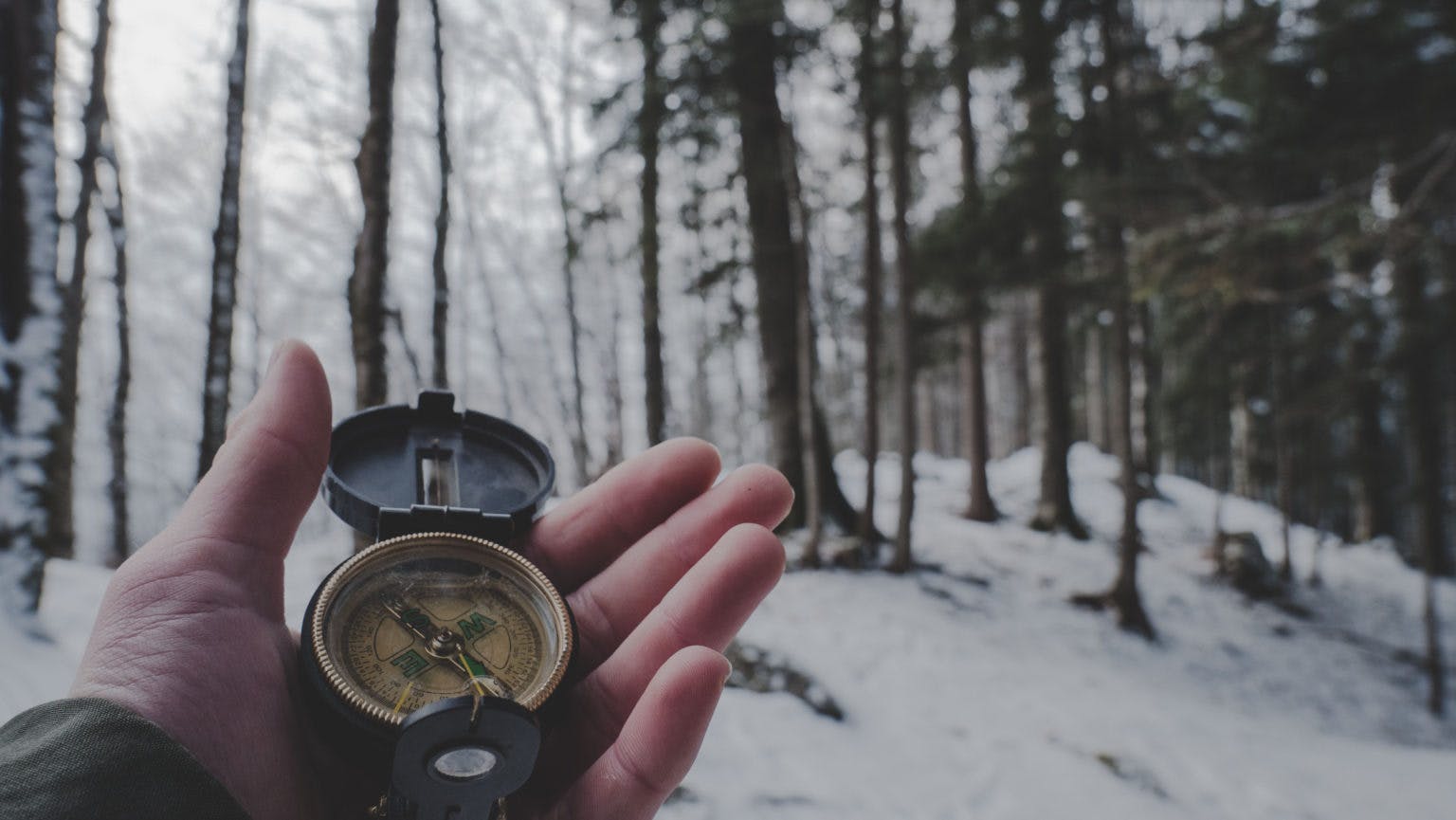
Hunting Ethics - Finding your Moral Compass
You have probably heard people talk about ethics, as you have begun your hunting journey, but maybe you aren’t completely clear on how people define ethics in the hunting space. When folks talk about the law and regulations, those topics are very black and white, there really aren’t nuances regarding the law. Ethics are a different animal altogether.
I like to explain my take on ethics by saying that it’s like finding your moral compass as a hunter. You face ethical decisions every time you take to the field or the woods, without even realizing it. The important thing is to remember that just because something may be legal, doesn’t necessarily mean that it is ethical. Understanding the difference comes with maturing as a hunter.
There are many situations that can test a person’s ethics in the field, and honestly, you are the only person who knows when most of those instances occur, if you hunt alone. At the same time, you are the one who has to live with the decisions you make.

Asking yourself “What would I do?”, when you hear stories of hunts that have gone awry for others can definitely help prepare you for making your own decisions when in a precarious situation. These decisions can be as serious as wounding an animal, because you took a shot that you knew you weren’t experienced enough to take, or it can be as minor as setting up very close to another hunter who was in that spot before you.
Neither of those scenarios are illegal, but they certainly aren’t what most hunters would call ethical. Here are a few more examples to take a look at and think about before you take to the field for your next hunting trip:
- You are out for an evening hunt and you have about 5 minutes of legal shooting light left. Your sister and uncle are also hunting the same property, each in ground blinds about 300 yards away, in opposite directions. This is thick timber and you only have a couple of good shooting lanes. Off to your left, you hear something coming through the woods. It’s a good way off and you aren’t sure what it is. This is the last day of deer season and you haven’t shot a deer. The sound is coming closer, you are anticipating a deer to step out at any moment, you can even see the bushes moving now, 30 yards from where you are sitting. With 2 minutes of legal shooting light left, you swear you see an antler, but the way the darkness is falling in the woods it could have been a branch, it’s now or never to fill that deer tag, what do you do?
- You’re on a rifle caribou hunt in the backcountry. You and your hunting partner both have tags for bull elk, and you just glassed up a small herd of elk with at least three legal bulls in it. You both hike up the hill until you have a shooting opportunity at a bull. You spot one, take the shot, and the bull walks away slowly. You and your partner work your way over to where the caribou was, to look for blood, but before you get there another legal bull comes within range. It looks like the bull you shot at already, and he appears uninjured, but you are not sure. What do you do?
- Duck season is in and you have been waiting for this day all year. You are new to duck hunting and were invited to go out with a small group of friends and a few other people they brought along. The blind you’re in is busy and full of action, a perfect scenario for a group of experienced duck hunters and a newbie. There are many species of duck making passes over the decoys, but only three species are in season. You are having a hard time identifying the ducks in flight and ask the guy next to you for help. He says just shoot and we will sort it out later. He goes on to tell you that the Game Warden never comes out to check this area, so if you shoot a few of the wrong species it isn’t that big of a deal and the ducks won’t go to waste. What do you do?
These are only a few instances of what can happen in the field and how we, as hunters, are potentially faced with making ethical decisions each and every time we head out for a hunt. It’s always good to think about how you would handle scenarios like this so when you return home at the end of every outing, you feel good about the choices you made as a hunter.
Cindy Stites guest contributor Cindy Stites Outdoors
Are you interested in learning more about ethics in hunting? Check out the CORE Hunter Education course, offered in person through Silvercore and online. Both are great options to get you licensed to hunt in BC and ensure you do so in a safe, confident and ethical way.


